Projekti (6)
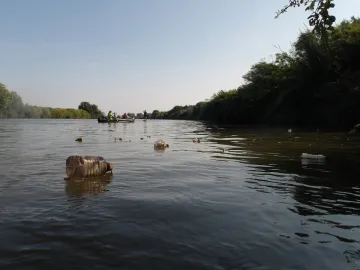
MoMaRi - Makroplastmasas monitorings ES upēs
2025 | Notiek
Projekta mērķis ir izveidot tīklu, palielināt kapacitāti, lai saskaņotu upju makroplastmasas monitoringu un izpētītu jūras sugu, kas iekļautas HD un Putnu direktīvā (piemēram, jūras putnu sugas), pakļaušanas risku peldošai jūras plastmasai Natura2000 teritorijās (vai to tuvumā) un ārpus tām.
Lasīt vairāk +
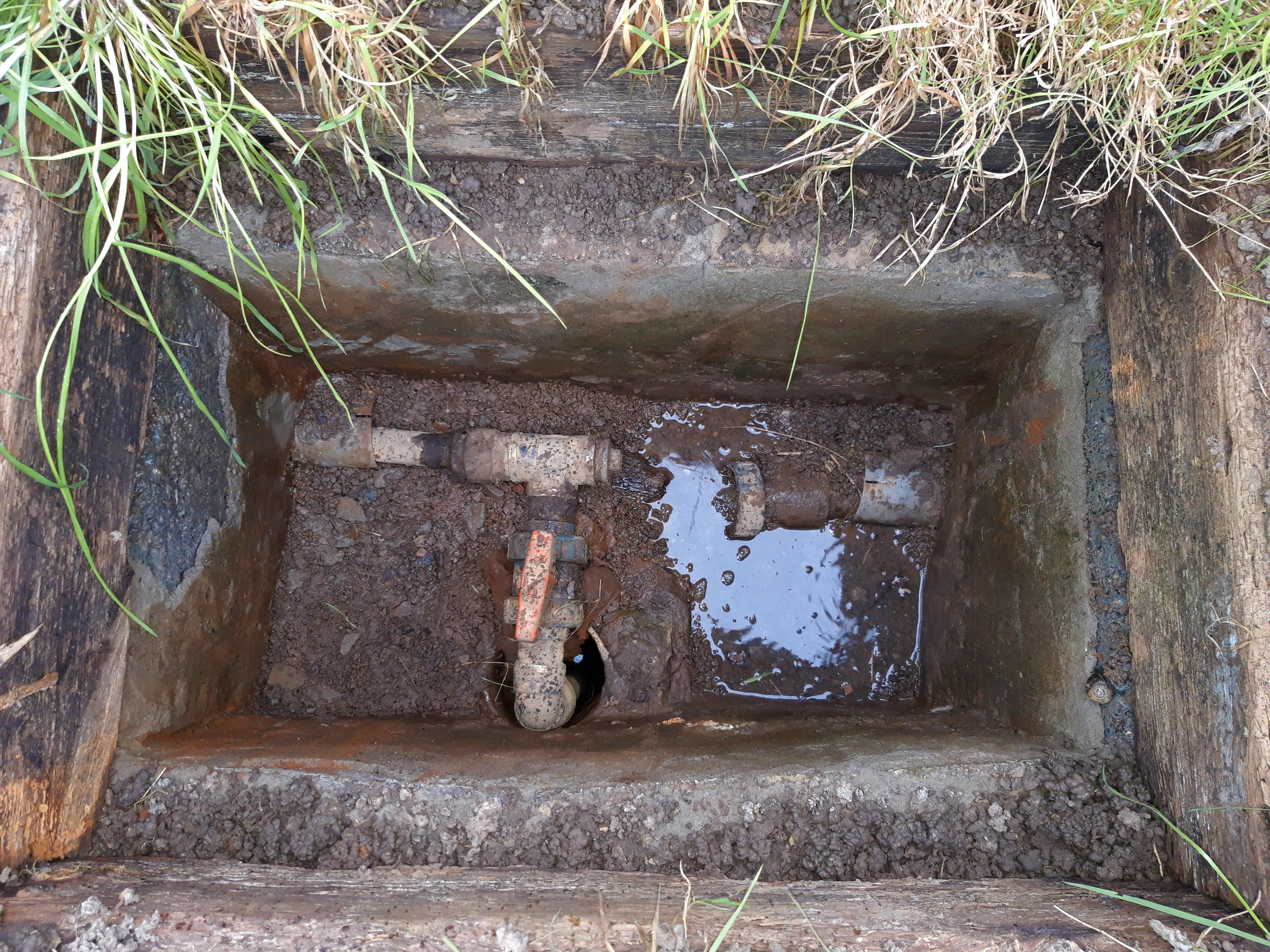
Tackling illegal groundwater drilling and abstractions (TIGDA)
2021 | Notiek
Groundwater is and remains a valuable resource for the environment and different human activities. Environmental and anthropogenic pressures on this resource include amongst others: climate change (drought, flooding, etc.), (over)abstraction and pollution (point source and diffuse). Water reuse, water buffering and infiltration are some of the possible measures to diminish our requirement for fresh groundwater as well as replenish its storage. Nonetheless groundwater drilling and abstraction will remain necessary for different purposes. Groundwater shortage is no longer an exclusive problem for arid or Mediterranean countries. Recent prolonged drought periods have repeatedly made clear that groundwater supplies have to be carefully managed (abstraction as well as recharge) in all member states and countries in Europe.
Lasīt vairāk +

Trend Reversal in Groundwater Pollution
2020 | Notiek
Art. 4 of the Water Framework Directive (WFD) obliges Member States, among other things, to protect, enhance and restore all bodies of groundwater with the aim of achieving good groundwater status by December 2015, and to implement the measures necessary to reverse any significant and sustained upward trend in the concentration of pollutants. In actual fact, however, 25 % of ground water bodies in the EU (and e.g. 36 % in Germany) were chemically in a poor status in 2015, mostly due to pollution with nitrates and pesticides from agriculture. Moreover, according to an EEA report of 2018, the total groundwater body area with an identified upward trend of pollution is still nearly double the area with a trend reversal (9.9 % against 5.9 % of area).
Lasīt vairāk +
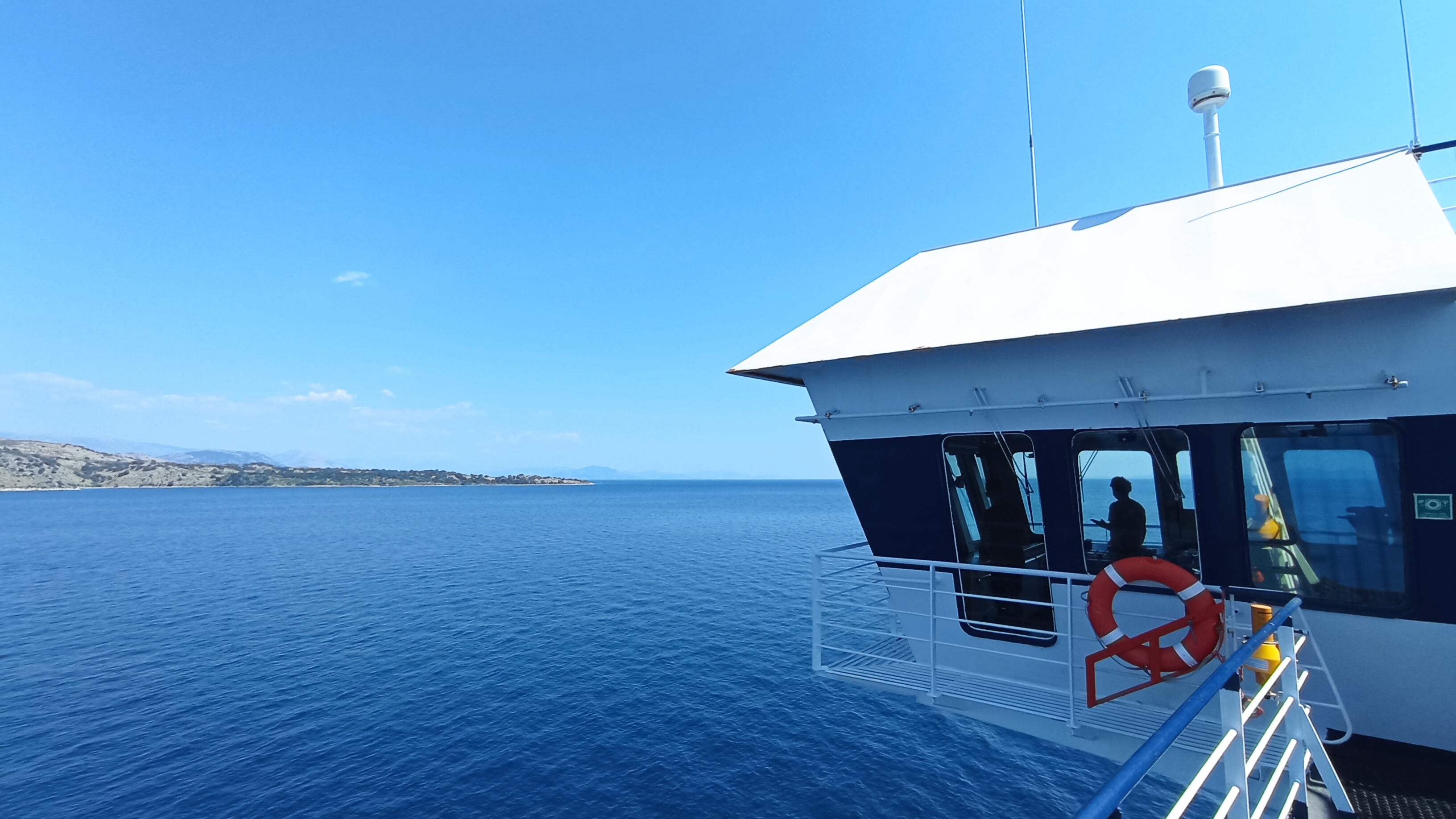
Eiropas jūras pārrobežu jūras transeksts
2020 - 2024 | Pabeigts
Šīs iniciatīvas mērķis bija novērst plaisu starp šiem tīkliem un izstrādāt saskaņotus jūras vides monitoringa protokolus. Koordinējot centienus, iesaistot valsts pētniecības institūtus, NVO, IMPEL dalībniekus un privātās ieinteresētās personas, projekts sniedz tiešu ieguldījumu Eiropas Savienības vides direktīvu īstenošanā un atbalsta informētu politiku un saglabāšanas pasākumus.
Lasīt vairāk +
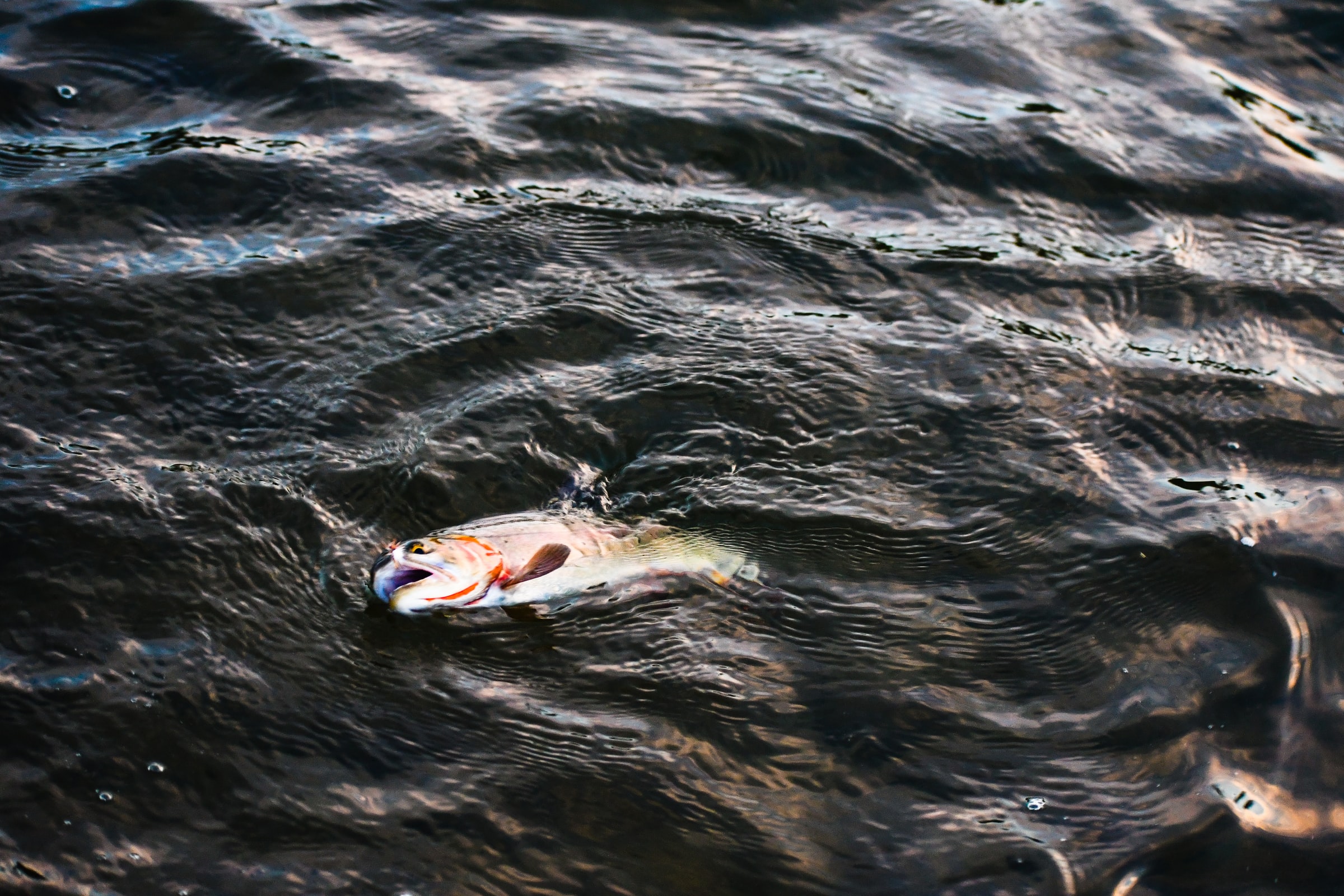
Water crimes
2018 - 2021 | Pabeigts
The Council Conclusions on countering environmental crime (8 December 2016) have recognised the role of IMPEL in countering Environmental Crimes, but a common definition of “water crimes” is a challenging task. Furthermore, water-related crimes are often recoded under other offences – like fraud, corruption, trafficking, falsification of documents, terrorism – for the absence of a systematic analytical approach. The nature and extent of these kinds of activities is still relatively unknown. Based on this background, this proposal aims at increasing knowledge on water crimes, engaging the IMPEL Community in a project aimed at collecting and sharing information about the topic, its presence, its perception and management at competent authorities.
Lasīt vairāk +
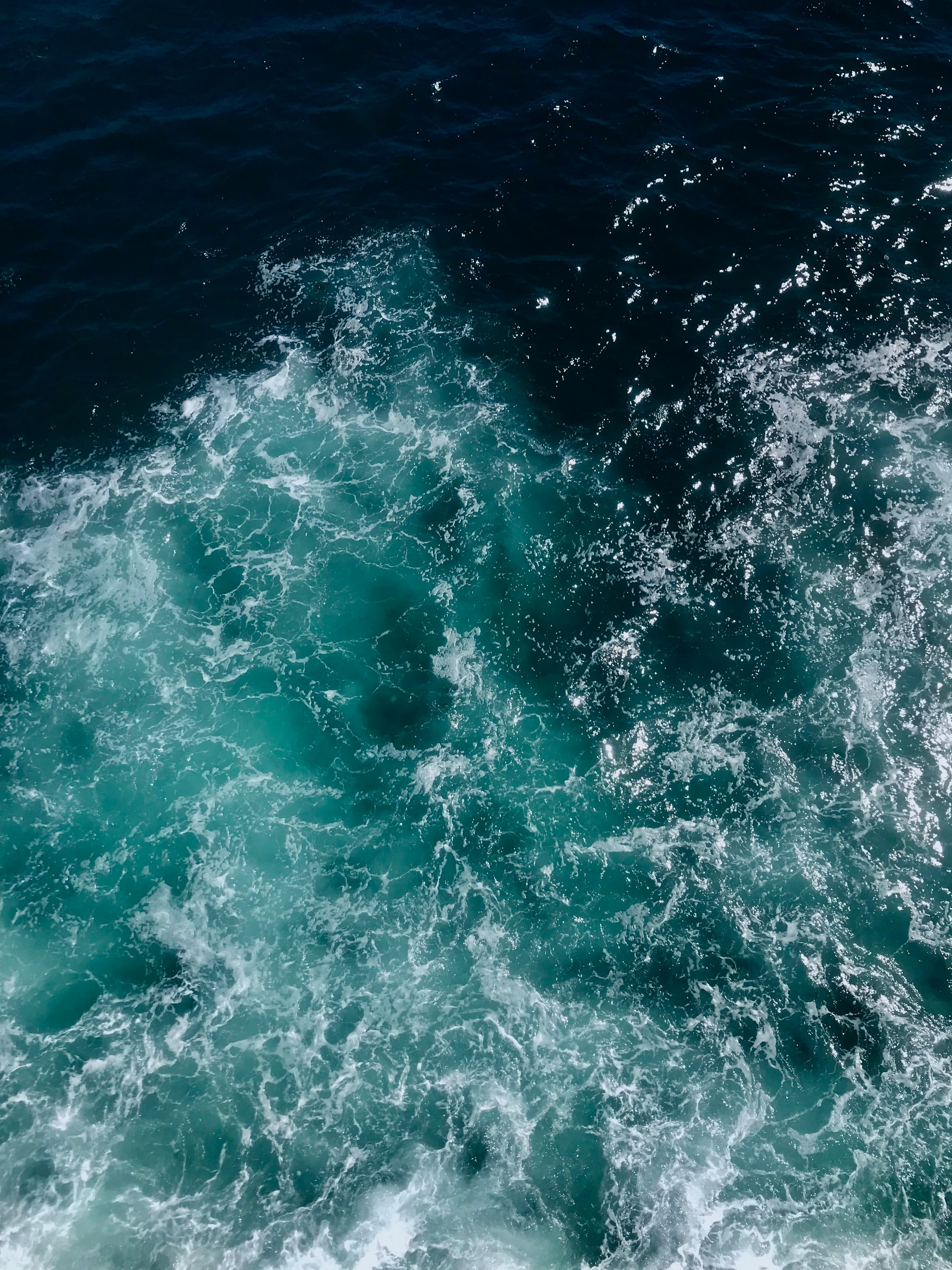
Water Over-abstraction and Illegal Abstraction Detection and Assessment (WODA)
2015 - 2016 | Pabeigts
Over-abstraction occurs not only for irrigation use but even for industrial and civil uses and can
cause in some cases dramatic effects on soil subsidence. Typical cases of illegal water abstraction occur when wells are operating without permit, or when water is pumped form rivers or channels without permit.
Earth Observation (EO), especially satellite remote sensing, can provide well established methods for the monitoring of water abstraction. The detection of illegal water abstraction is a further step forward and is feasible only if permits are organized in a proper GIS. At first instance, EO methods for the monitoring of water abstraction could be summarized as follows:
Lasīt vairāk +